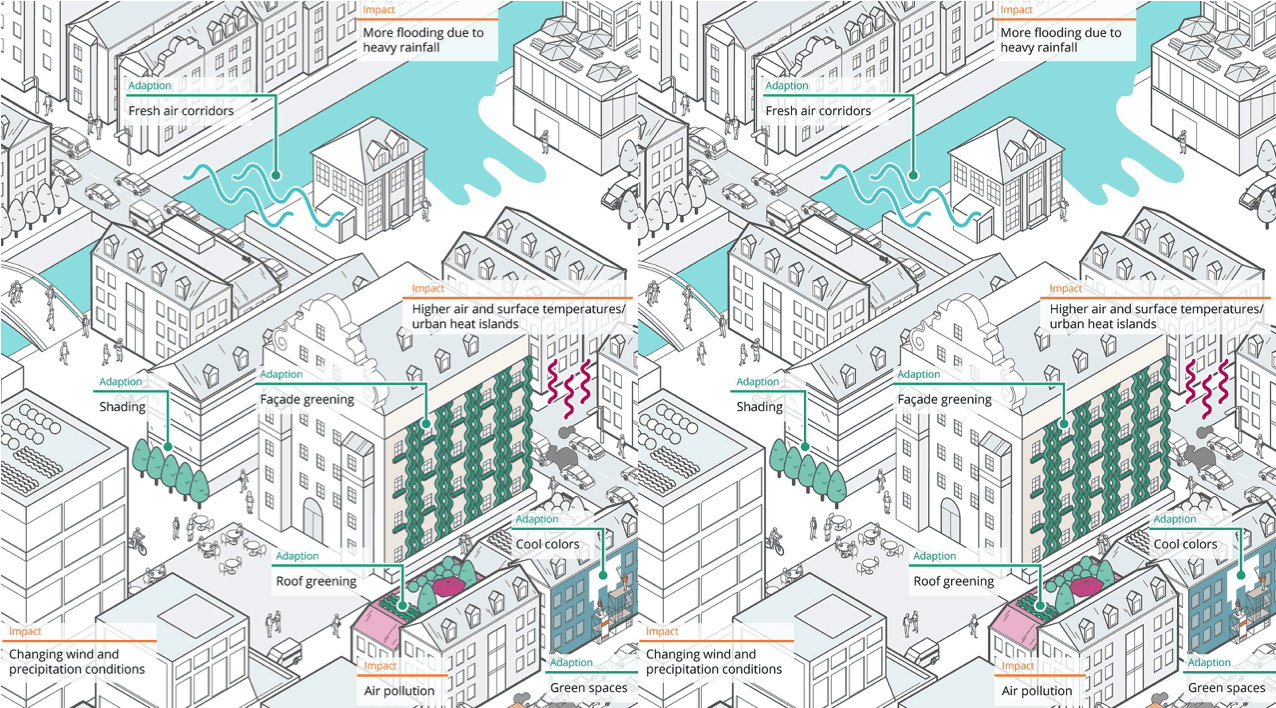
Liberty Home is the result of a bachelor thesis. Two students developed a two-pronged business model from the Tiny House principle that includes the social aspect of reintegrating the homeless. The first pilot projects are underway.
“We came from the countryside to the city and were confronted with homelessness for the first time here. That’s why our work should also have a social aspect,” says Markus Hörmanseder. He wrote his bachelor’s thesis together with his fellow student Philipp Hüttl at the Institute for Civil Engineering and Construction Management at the FH Campus Vienna. Their mission: helping people on the street to find a home. For this, they want to cooperate with social organisations which focus on support for the homeless. The financing is done by renting and selling their houses to companies, festivals and private individuals.
Since finishing their thesis, the future bachelors have received several prizes: the Social Impact Award Austria, the European CIDIC Award and the Austrian Patent Award 2018 in the category Best Brand from the Federal Ministry of Transport, Innovation and Technology. After graduating next June, they want to devote themselves fully to their social business.
SUSTAINABLE
The inspiration came from the Tiny House movement in the USA, for which Hörmanseder and Hüttl see future-oriented potential. “New forms of living are also emerging here. More mobility is in demand. But we also see it as a new form of living for the homeless,” says Hörmanseder. On the way back to a regular life, the own four walls are a first necessary step.
Similar projects have already been realized in the U.S.: the Low Income Housing Institute in Seattle offers housing to people with low income as well as the homeless while the Veterans Community Project in Kansas City provides homeless veterans with Tiny Homes.
The concept was guided by life cycle costs under the aspect of sustainability. Hörmanseder compared four structures according to CO2 equivalents. Hüttl applied the process improvement system Six Sigma to the construction industry in order to develop a construction method with little waste, little idle time and low labour input.
FLEXIBLE
From both an economic and ecological perspective, the solid wood version proved to be particularly suitable. The houses have an area of ten square metres, are suitable for a maximum of three people and are fully equipped – including Smart Home technologies. Thanks to their modular construction and diverse functions, the Tiny Houses can be used for various purposes – permanently and temporarily. Entrepreneurs have already received enquiries from artists who see Liberty Home as an ideal studio. Due to the robust construction, the model is also transportable with a car or trailer. Last but not least, Liberty Home is also available in a Cartrailer version.
INCLUSION
In project development, the team focuses on inclusion.
“If you don’t have the experience, you have to listen. We walked through Vienna and talked to the homeless.” Markus Hörmanseder
Even later, in the phase of the second prototype, not only architects but also homeless people were involved. Meanwhile, the two have one person in the team who has been homeless for years.
PILOT PROJECTS
The first pilot projects are already underway in both business divisions. With the rental model, Liverty Home was recently part of the Sound Everest Winter Festival in the winter sports region Schladming. The music event lasted three days and attracted three thousand visitors. “A camera team slept in the Liberty Home and artists used it as a wardrobe,” says Hörmanseder. The feedback was very positive. In addition, the local tourism association was interested in the model, which could relieve hotels during peak periods.
For a first pilot project, the social model will be negotiated with a public funding agency. The cooperation partner is the association Juno, which has been committed to single mothers in precarious life situations for fourteen years. Hörmanseder citicizes that these mothers hardly receive any support. Few are officially registered as homeless because they do not receive social welfare. Quote: “We can only deliver the house. We arrange the social care through strong cooperation partners”.






